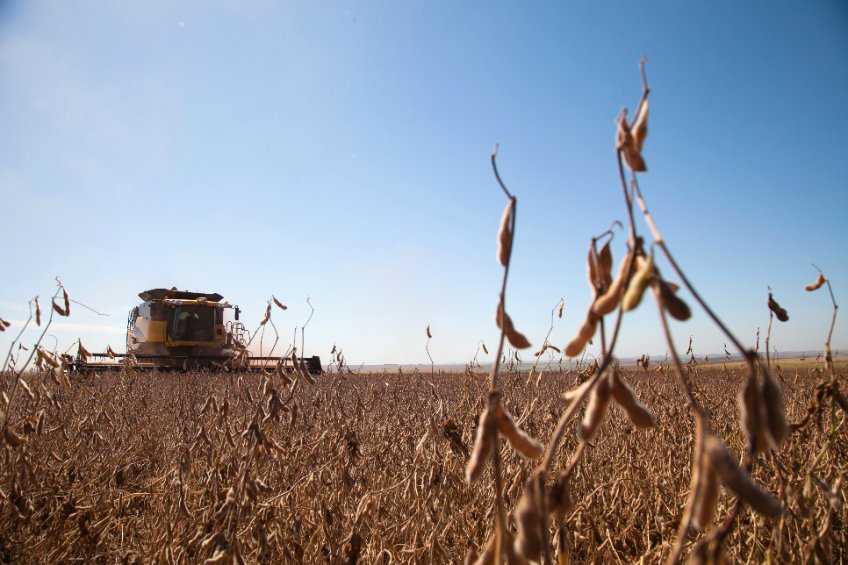
The government has announced funding for research projects looking to improve the efficiency and sustainability of farm-based protein production.
Defra Secretary George Eustice confirmed that in July, £12.5m from the Farming Innovation Programme will be set aside for research and development focused on ‘sustainable farm-based proteins’.
The funding will be made available for farmers and growers to collaborate on projects that seek to improve the efficiency and sustainability of protein crops, as well as livestock production.
This could be achieved through the development of new methane reducing feeds and supplements, or the breeding of new sustainable and resilient crops and livestock, Mr Eustice said.
“Improving farm profitability and tackling environmental challenges requires us to allow the natural cycle of life to operate fully," he explained.
"Rather than seeing farm wastes like slurry as a problem and a cost, we need to start recognising that they are actually a resource that could be monetised to boost farm incomes."
Mr Eustice also showcased an example of technology that is helping farmers capture the methane from slurry stores and turn it into biomethane, creating an additional income stream for farmers.
He visited Bennamann in Truro, Cornwall, a farm which has pioneered this approach to help livestock farms cover their manure slurry lagoons and capture the fugitive emissions they produce.
The farm has also established energy independence and improved business profitability through lower bills and sales of high value biomethane.
For a 150 head dairy farm, the system creates biomethane worth approximately £30,000 in additional income for the dairy farm.
It removes about half of the methane generated by the herd, making a significant reduction in greenhouse gas emissions.
Mr Eustice added: “Cornwall has a long history of pioneering new technology and it is at the forefront of new approaches.
"[They] could revolutionise the way we manage farm yard manure to create a new income stream for farmers and generate a green fuel that significantly reduces greenhouse gas emissions.”
